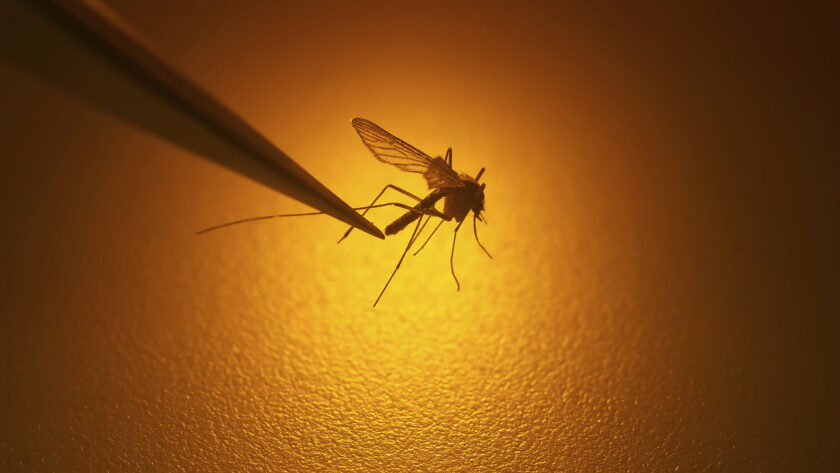West Nile virus detected in mosquitoes around Weber, Davis counties

Rick Bowmer, Associated Press
Salt Lake City Mosquito Abatement District biologist Nadja Reissen examines a mosquito Monday, Aug. 26, 2019, in Salt Lake City. A number of counties in Utah are reporting mosquito populations carrying West Nile virus following a spring with weather conditions that allowed the pests to flourish.WEBER COUNTY — As the summer mosquito season drags on, West Nile virus continues to be detected in counties across the Beehive State.
So far in 2024, the virus has been found in mosquito pools in Weber, Davis, Box Elder, Cache, Salt Lake, Utah, Uintah, Tooele and Millard counties.
“It’s been pretty widespread throughout the county and a lot of different places out west,” Keith Hill of the Weber Mosquito Abatement District told the Standard-Examiner of the Ogden-area situation. “We’ve had it in quite a few of our traps.”
Per the Utah Department of Health & Human Services’ arboviral surveillance report for the week of Aug. 18-24, 63 mosquito pools in Davis County and 20 in Weber County have tested positive for West Nile virus this year.
The HHS report describes mosquito pooling as “a collection and testing method where mosquitoes are grouped in numbers of up to 100 mosquitoes, and the grouped mosquitoes are then tested for mosquito-borne pathogens.”
The state’s first case of human infection was reported by the Utah County Health Department on Thursday.
Meanwhile, four presumptive viremic donors have been reported through blood donor screenings of residents within the Weber-Morgan Health Department’s jurisdiction.
Four West Nile-positive horses also have been reported in Weber County.
A West Nile virus fact sheet from the Centers for Disease Control and Prevention indicates that 1 in 5 people who are infected with the virus develop a fever and other symptoms — i.e., headache, body aches, vomiting, diarrhea or rash.
However, it also states that about 1 out of 150 infected people “develop a serious, sometimes fatal, illness.”
There is currently no vaccine or specific treatment for West Nile virus.
According to Hill, water commonly present in yards and around homes can provide fertile ground for the propagation of disease-carrying mosquitoes. Thankfully, homeowners can perform some of their own mitigation.
“A lot of the mosquitoes that spread that disease are actually, we call them backyard mosquitoes,” he said. “We’ll find them in kids’ play pools or dog dishes or whatever; any little thing in the backyard that can collect water.
“People just can dump any water that their sprinklers might be hitting — a flower pot or something. We find a lot of people will call and say, ‘We have terrible mosquitoes,’ and we go out there and their sprinklers are hitting a pot every night.”
People can similarly take steps to reduce their chances of being bitten by infected mosquitoes.
Those include wearing long sleeves/pants, limiting outdoor time when mosquitoes are most active during dawn/dusk hours and using insect repellant that contains diethyltoluamide, or DEET.



